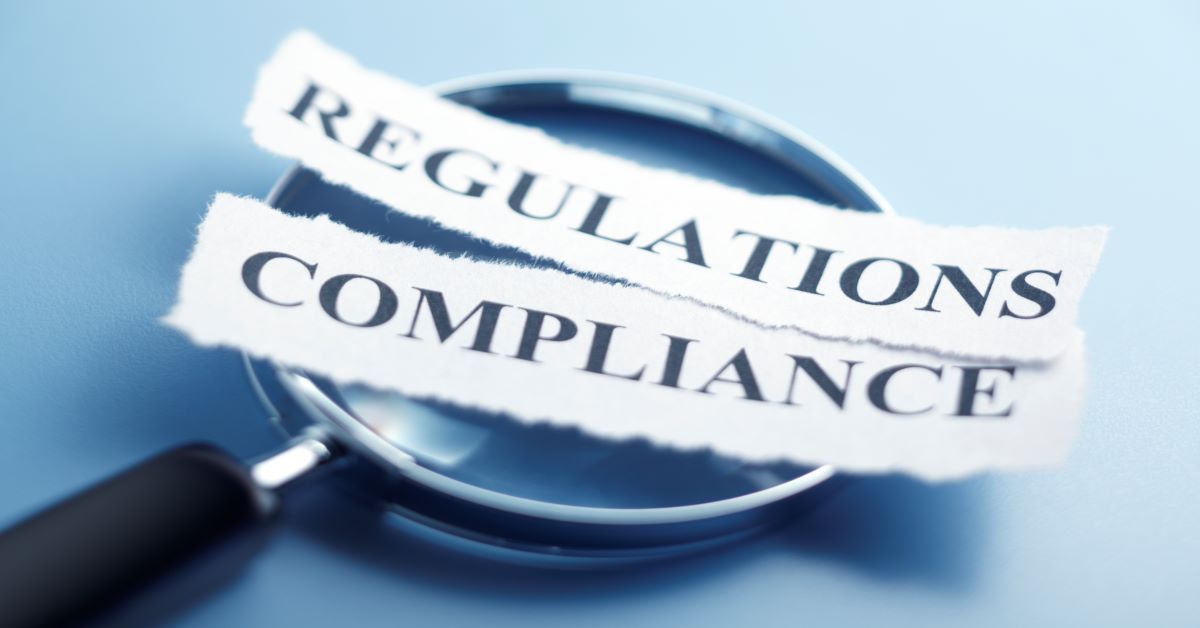03 Apr Staff Retention & Reducing Callouts in Home Health Agencies
What are the best methods to retain staff and limit call-outs for home health agencies? In this blog we'll outline leadership strategies and review how implementing the three Ps (Power, Praise, and Perks) will not only limit call-outs and keep clinicians happy, but foster greater...











